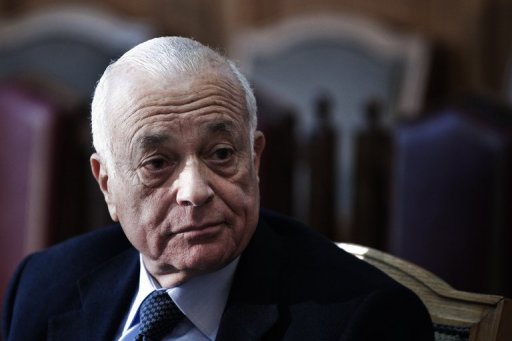Iraqi director Mohamed Al-Daradji has pleaded for his government’s support for the country’s nascent post-war film industry, which he says is important in helping to end the culture of violence.
He was speaking to AFP at the world premiere in Abu Dhabi of his second feature film Son of Babylon, which he says incarnates that culture.
The film, featuring at the third Middle East International Film Festival, chronicles a bereaved mother’s journey – accompanied by her grandson – in search of her son, a musician-turned-soldier who went missing during Iraq s 1990 invasion of Kuwait.
This film is important for Iraqis. We are sending a good message to the Iraqi government and the Iraqi people to support Iraqi culture, Daradji said at Friday s premiere.
It’s important for me as an Iraqi director … I didn’t get support from Iraq, we got it from outside, he said, referring to the co-production involving Iraq, Britain, the Netherlands, France and United Arab Emirates.
In the aftermath of the 2003 US-led invasion that toppled Saddam Hussein and triggered bitter sectarian bloodshed, Daradji has been striving to capture the tragedy of his country on film.
He attempted to revive Iraqi cinema through his debut feature Ahlaam in 2005. The first movie shot since the invasion, it won wide acclaim.
It’s important. When the camera moves inside Iraq, it shows there is life and that’s important for me as an Iraqi, said Daradji, who lives between England and Iraq.
Son of Babylon follows the trail of Umm Ibrahim and young Ahmed as they head to the south to find the boy’s father.
The two encounter ruined buildings, blown-up cars, wailing grieving women and rifle-wielding US soldiers along the way.
We can’t look to the future if we don’t deal with the past, Daradji told a fully packed theatre at the Emirates Palace hotel after the screening.
I am talking about Iraq … (there is a) culture of violence that we need to deal with to avoid it in the future. That’s why I deal with the past, he said in response to a question on why his film was about the past.
The film is full of compelling scenes, such as one showing the grandmother sitting in the pit of a desert mass grave surrounded by skeletons marked with small red flags and name tags.
The film is reflecting the reality as people experience it, Daradji said.
After receiving a standing ovation, Daradji said his dealing with reality cinema prompted him to want to work with normal people rather than professional actors – as he had done in his first film – to whom he gives on-the-job training.
The elderly woman cast in Umm Ibrahim’s role had a son who died in prison and her husband went missing and she is still searching for him, Daradji said.
Dealing with her was dealing with reality, he explained.
Since I work on reality cinema, I should work with normal people, he said. Now, a lot of people are still missing in Iraq. A lot of new mass graves are being discovered and there is still a lot of violence.
The young boy trained for about three to four months and put in a striking performance, he added.
Almost all the characters speak in Kurdish – adding yet more depth to the movie through highlighting Iraq’s bitter ethnic and sectarian divisions.
For me in Iraq there is no difference between Arab and Kurd, Shiite and Sunni because they are all humans and they all suffer the same suffering, he said.
This sentiment is reflected in the film when the Kurdish driver alludes to Saddam’s Al-Anfal campaign in the late 1980s, which he says targeted not only Kurds but also Arabs and everyone else – a testimony to Iraqis? shared suffering.
Also, a former soldier in Saddam’s army travelled part of the journey with Umm Ibrahim and Ahmad, but after Umm Ibrahim calls him a murderer on discovering he killed Kurds, she granted him forgiveness.
We have to remember the past, deal with its mistakes and forgive others, Daradji concludes about his films.
Son of Babylon played out to a packed house on Friday, winning praise from organizers of the Middle East International Film Festival.
As (a) recipient of a MEIFF production grant, Son of Babylon’s screening was a proud and inspirational moment for MEIFF, for Abu Dhabi, and for the future of filmmaking in the Middle East, said a festival statement.


